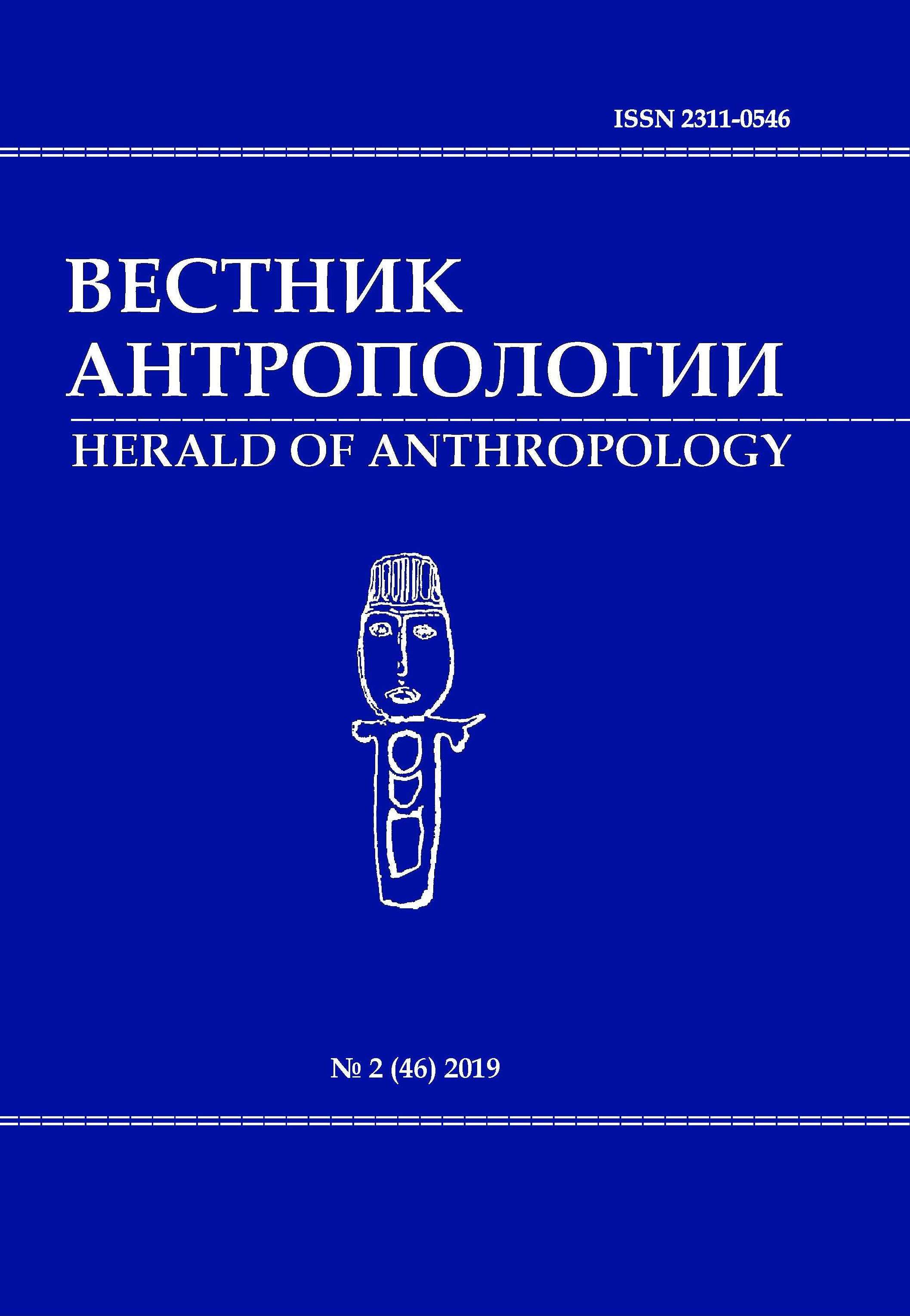Родной язык и школа. Взгляд антрополога
Doi: 10.33876/2311-0546/2019-46-2/164-177
Ключевые слова:
Государственный язык, родной язык, культурное многообразие, идентичность, образование, регионы России, республикиАннотация
Есть множество рычагов, благодаря которым могут, как конструироваться различия в обществе, так и наоборот, нивелироваться. Одним из наиболее действенных инструментов социального конструирования идентичности, на мой взгляд, является образовательная политика. То, что люди принадлежат к разным культурным традициям обусловлено, прежде всего, воспитанием и социализацией. Немалая роль в воспитательном процессе принадлежит образованию, прежде всего школьному. В статье рассмотрены вопросы школьного образования на национальных языках и проблема их сохранения и изучения в регионах России.
Насколько язык можно считать исторически заданным явлением и в какой степени – конструктом, результатом “социальной инженерии”, идеологической работы? Язык является не просто инструментом общения в социальном коллективе, но и обеспечивает ощущение отличия от других народов и государств. Национальную и этническую идентичности можно рассматривать в тесной связи с языком. В условиях, когда во всем мире нарастает многокультурность общества, все более актуальной становится проблема сохранения этнокультурной самобытности населения, передачи молодому поколению традиций его отцов и дедов. Готовя молодежь к жизни в многоязычном и поликультурном обществе, важно найти баланс между этнокультурными потребностями того или иного гражданина страны и задачами консолидации населения в интересах единого государства.






















